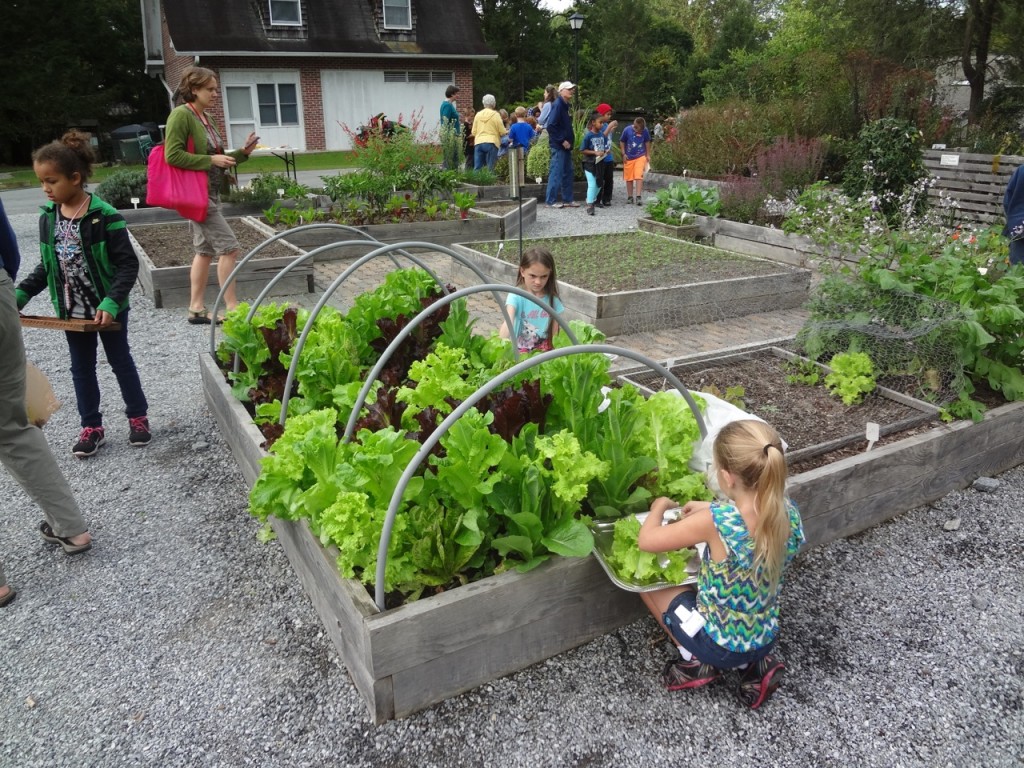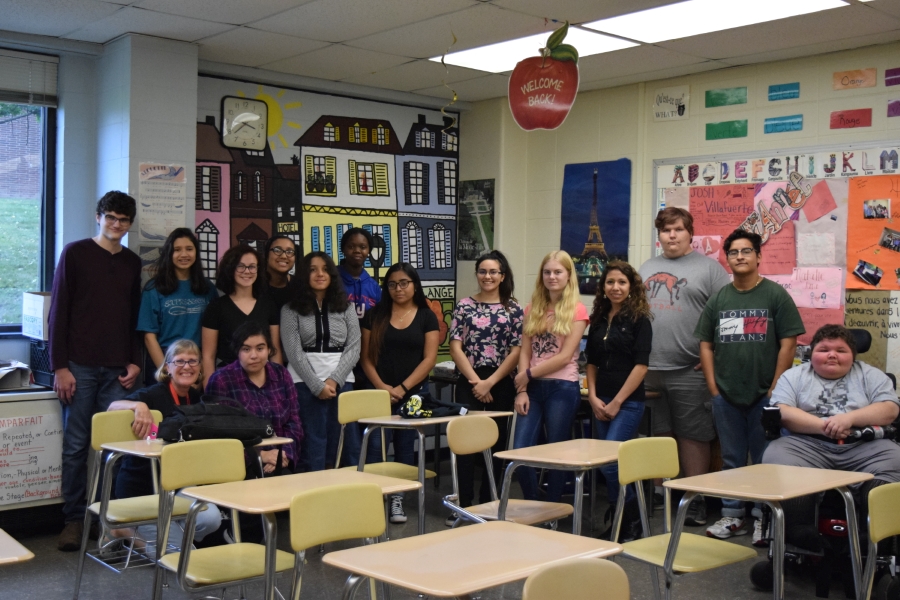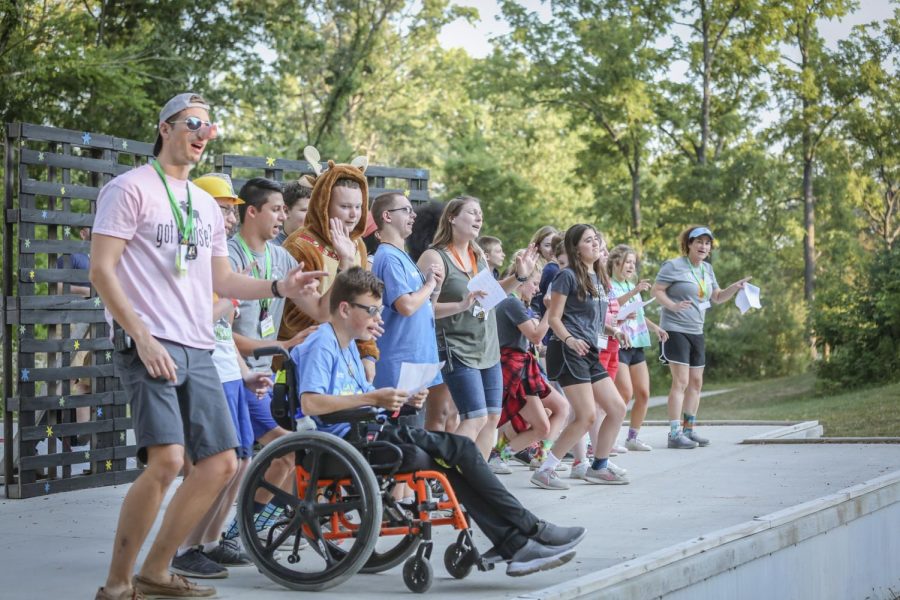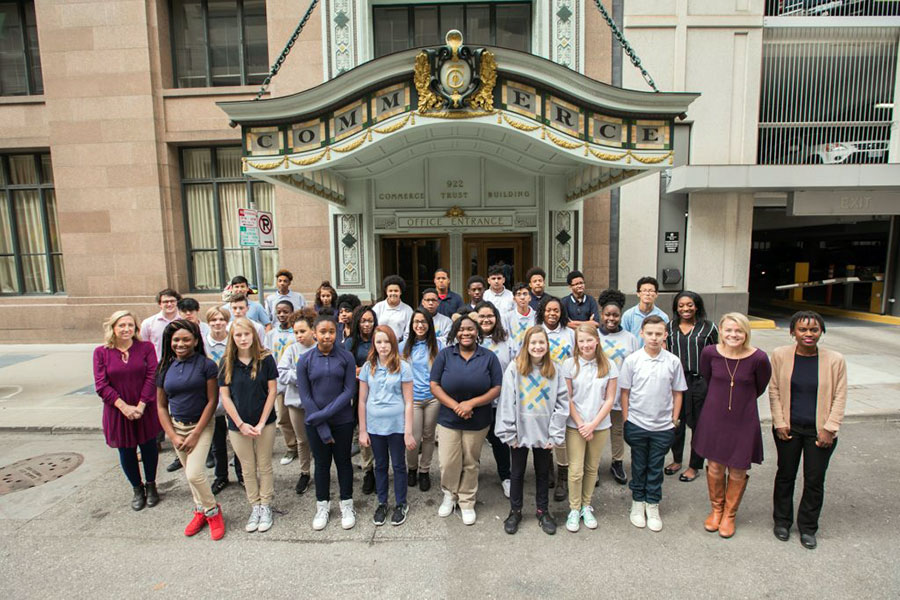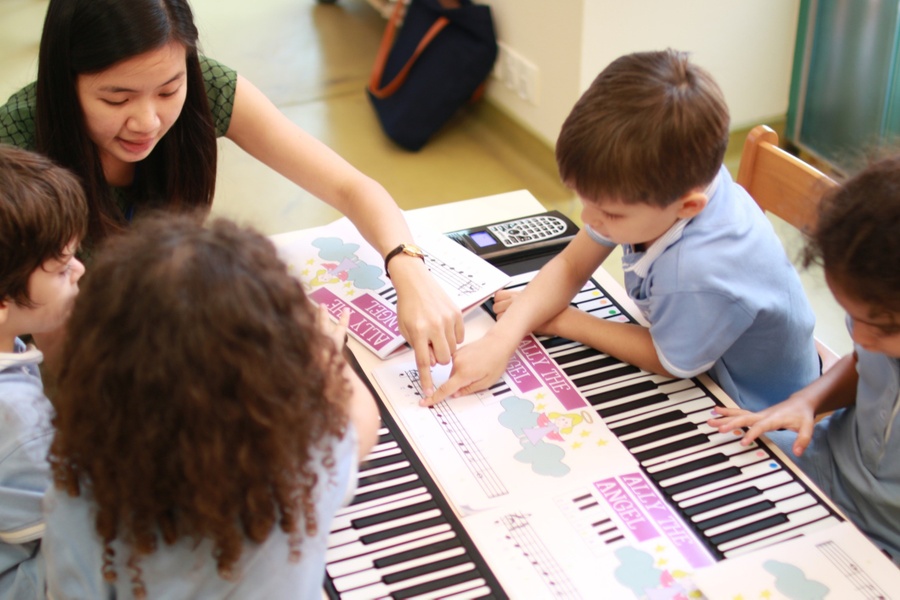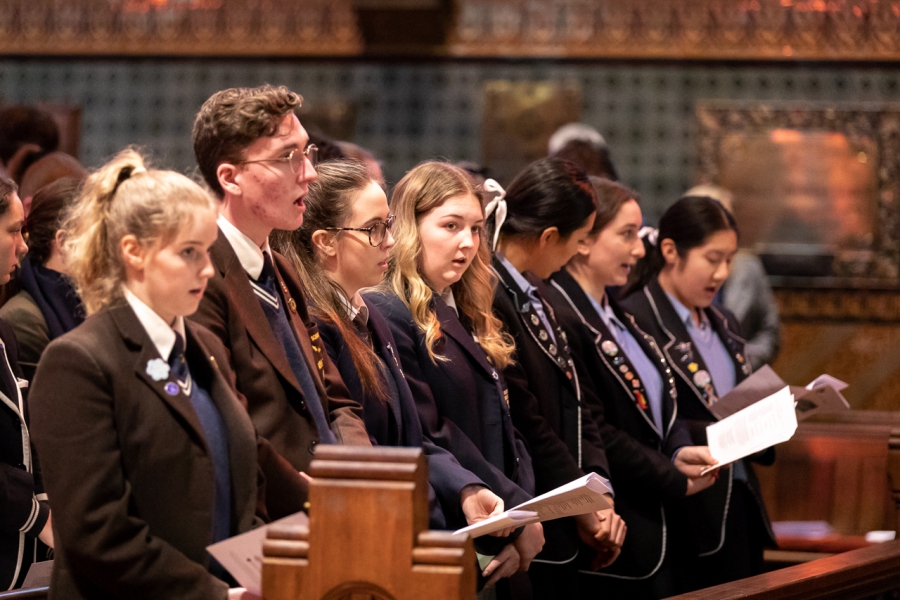Keter North America, a leader in outdoor and home storage solutions, has partnered with FoodCorps, a nonprofit connecting kids to healthy foods, to help schools across North America establish garden spaces. This collaboration aligns with Keter’s Green Spaces initiative, focusing on positive community areas and FoodCorps’ mission to use school gardens to promote child health and learning.
The partnership provides a product donation application process enabling schools to apply for items like sheds, raised beds, seating, and organizational tools to create and maintain gardens. Keter offers its expertise in durable outdoor furniture, while FoodCorps provides extensive experience implementing garden-integrated curricula. Together, they aim to equip schools with resources facilitating hands-on agriculture and ecology education while nurturing teamwork, responsibility, and environmental awareness in students.
Long-term, supporting school garden creation contributes to the movement, seeing gardens vital for nutrition, academics, stewardship, community health, and resilience. Keter, guided by sustainability-focused CEO Alejandro Pena, stands out for its commitment to recyclability and renewable materials. Its supply chain prioritizes eco-innovation, like manufacturing near markets to reduce emissions. The Green Spaces program, inaugurated at a Miami school, aligns with Keter’s sustainability identity.
Complementing these efforts, Keter educated French elementary students on recycling and sustainability last Global Recycling Day, explaining local waste icons. Keter VP Kerry Murfin stated the company’s ambition to use 55% recycled materials by 2025, given that “the Earth is our home and workplace.” Pena wants to proactively collect and recycle Keter products, underscoring no factory waste goes to landfills.
To join Green Spaces, schools must show a clear educational purpose for garden plans centered on edibles. They need available space, agree to assemble donated products, participate in media coverage, provide project photos for Keter’s marketing, and get photo permissions. Applications detail motivations, hoped-for student skills, community involvement, and long-term sustainability plans. Required info includes applicant details, school specifics, delivery notes, and desired products like raised beds.
Through Green Spaces, Keter lives out its identity as a benefactor furthering public good. It leverages its capacities to provide durable products and cultivate community connections, nurture emerging generations, and promote the value of environmental awareness and sustainability for society’s future. Ultimately, Keter plants seeds today so students and communities can enjoy the fruits and shade in years ahead.


